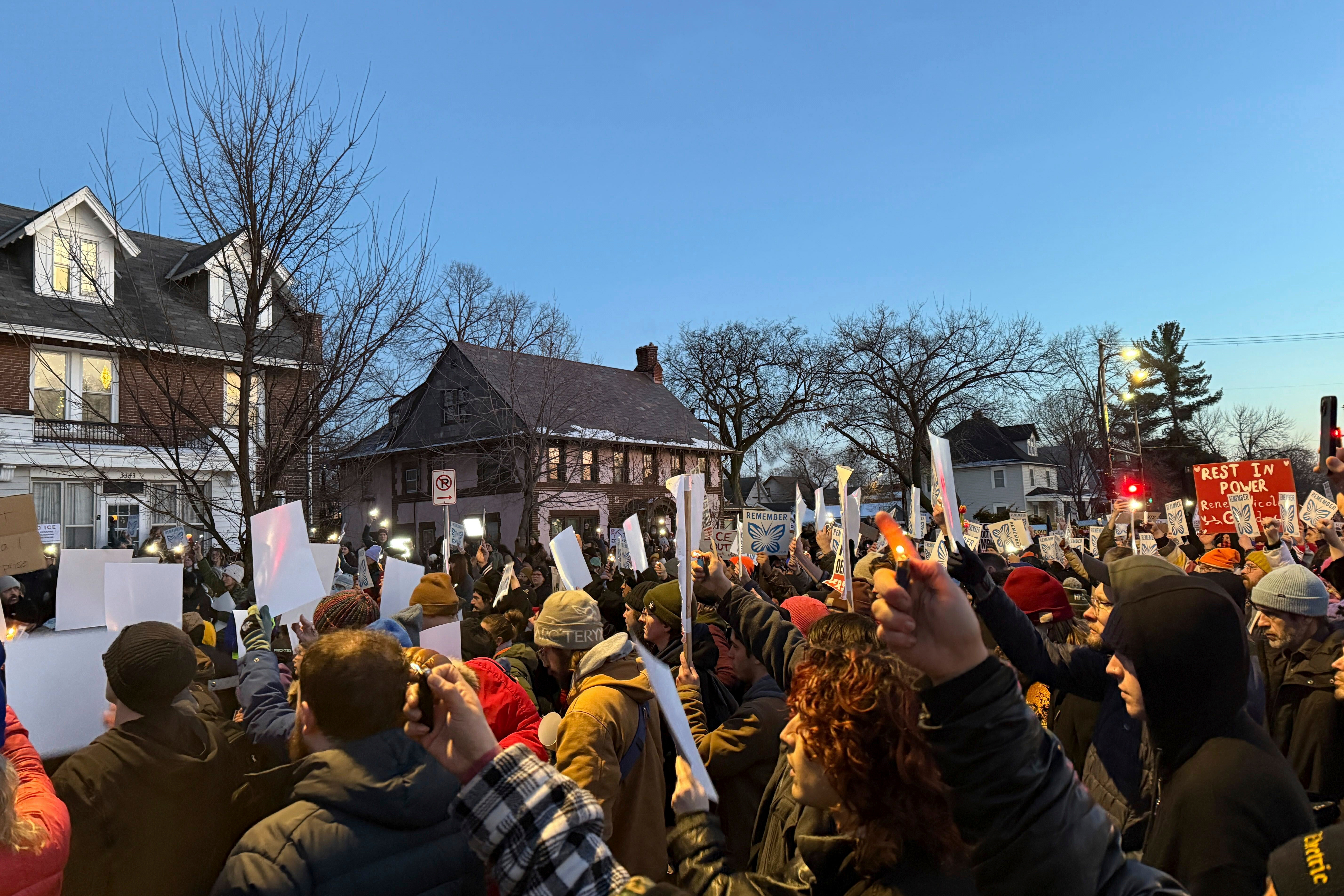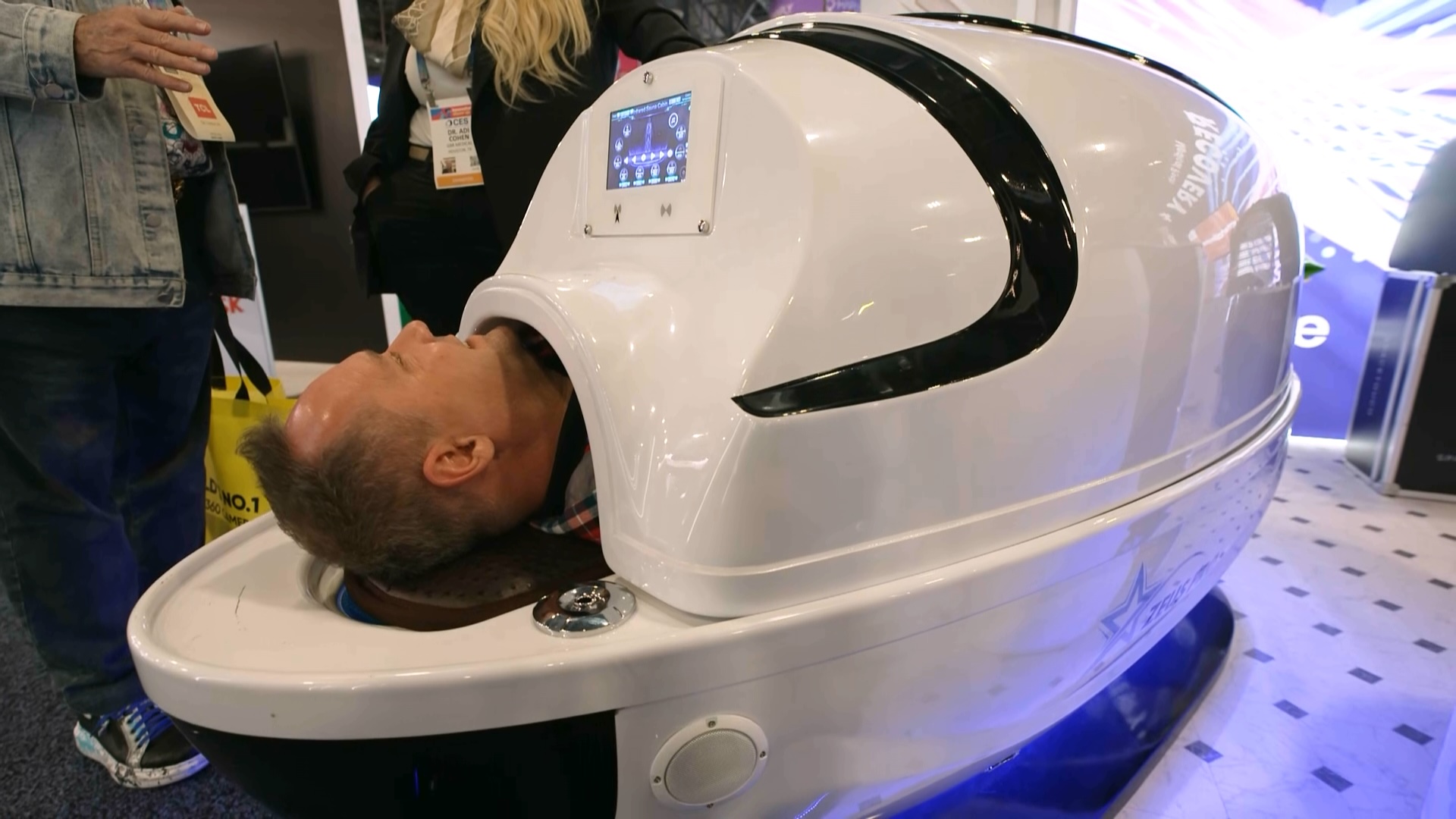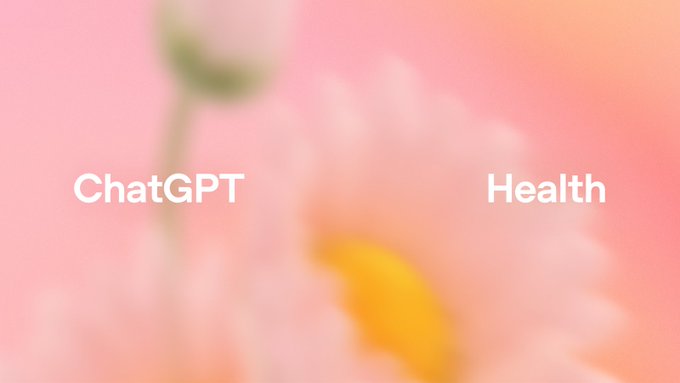A surgical instrument the size of a dinner plate was found inside a woman's abdomen 18 months after her baby was delivered via cesarean section.
The New Zealand woman had been suffering from chronic abdominal pain for a year and a half and had several checkups trying to figure out what was wrong.
A CT scan incidentally discovered an Alexis retractor, or AWR, which had been left in the woman's abdomen following the birth of her baby at Auckland City Hospital in 2020, according to a report by New Zealand's Health and Disability Commissioner.
It was immediately removed upon discovery in 2021.
The device is used to draw back the edges of a wound during surgery.
A count to ensure all surgical tools are accounted for did not include the AWR, according to the commissioner's report. This is "due to the fact that the Alexis Retractor doesn't go into the wound completely as half of the retractor needs to remain outside the patient and so it would not be at risk of being retained," a nurse told the commission.

Doctor finds 'still alive and wriggling' worm in sick woman's brain
A woman went to the hospital for a range of symptoms, and a biopsy found the culprit: A live worm.
New Zealand's Health and Disability Commissioner Morag McDowell found that Te Whatu Ora Auckland, the Auckland district health board, breached the code of patient rights.
McDowell recommended Te Whatu Ora formally apologize to the woman and update its count policy and learnings. The director of proceedings will determine any further actions that should be taken.
Actions were taken by Te Whatu Ora to revise its count policy, including a memo sent to staff that AWRs were to be included in the count going forward.
Dr. Mike Shepherd, Te Whatu Ora Health New Zealand group director of operations for Te Toka Tumai Auckland, apologized for the incident in a statement obtained by CNN.
"On behalf of our Women's Health service at Te Toka Tumai Auckland and Te Whatu Ora, I would like to say how sorry we are for what happened to the patient, and acknowledge the impact that this will have had on her and her whānau [family group]."
"We would like to assure the public that incidents like these are extremely rare, and we remain confident in the quality of our surgical and maternity care."










